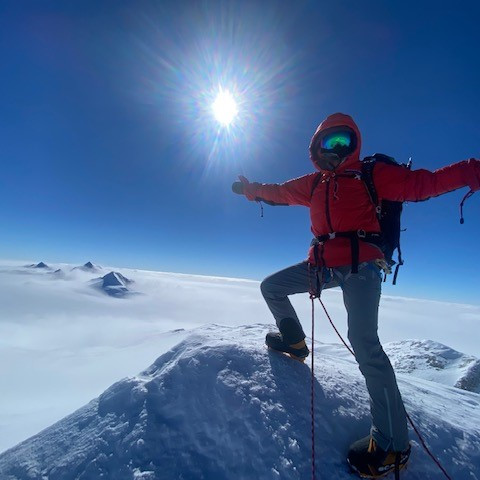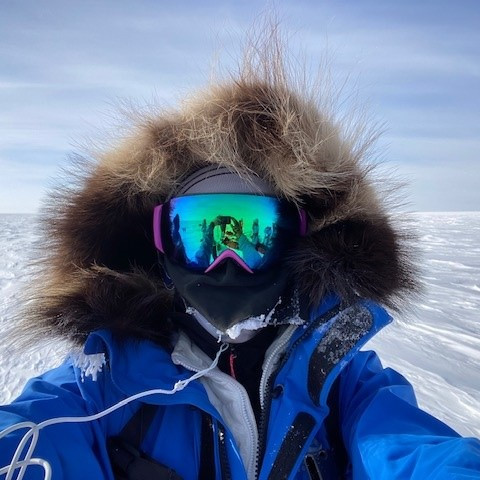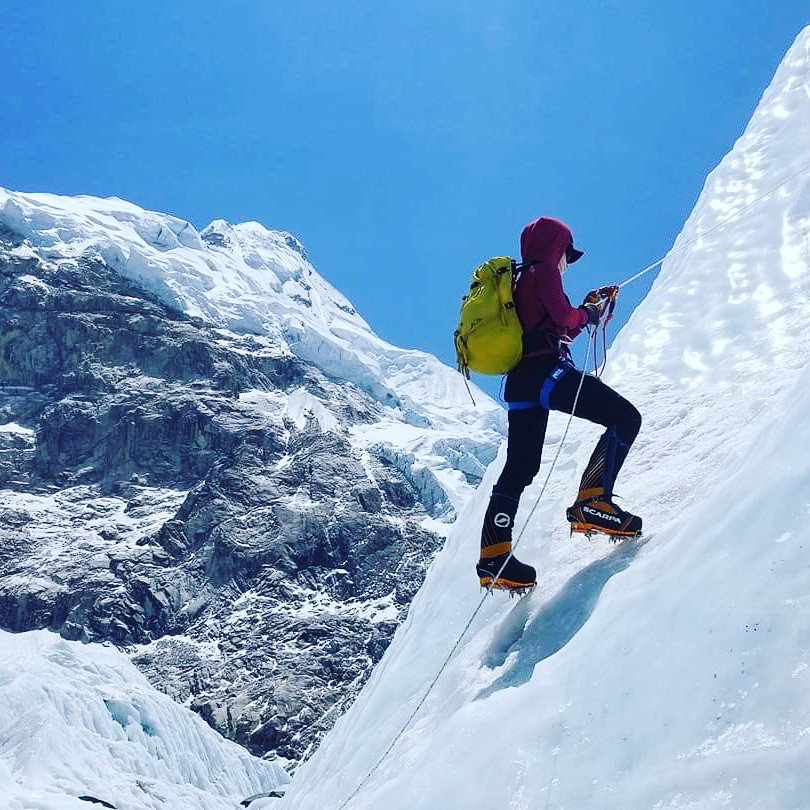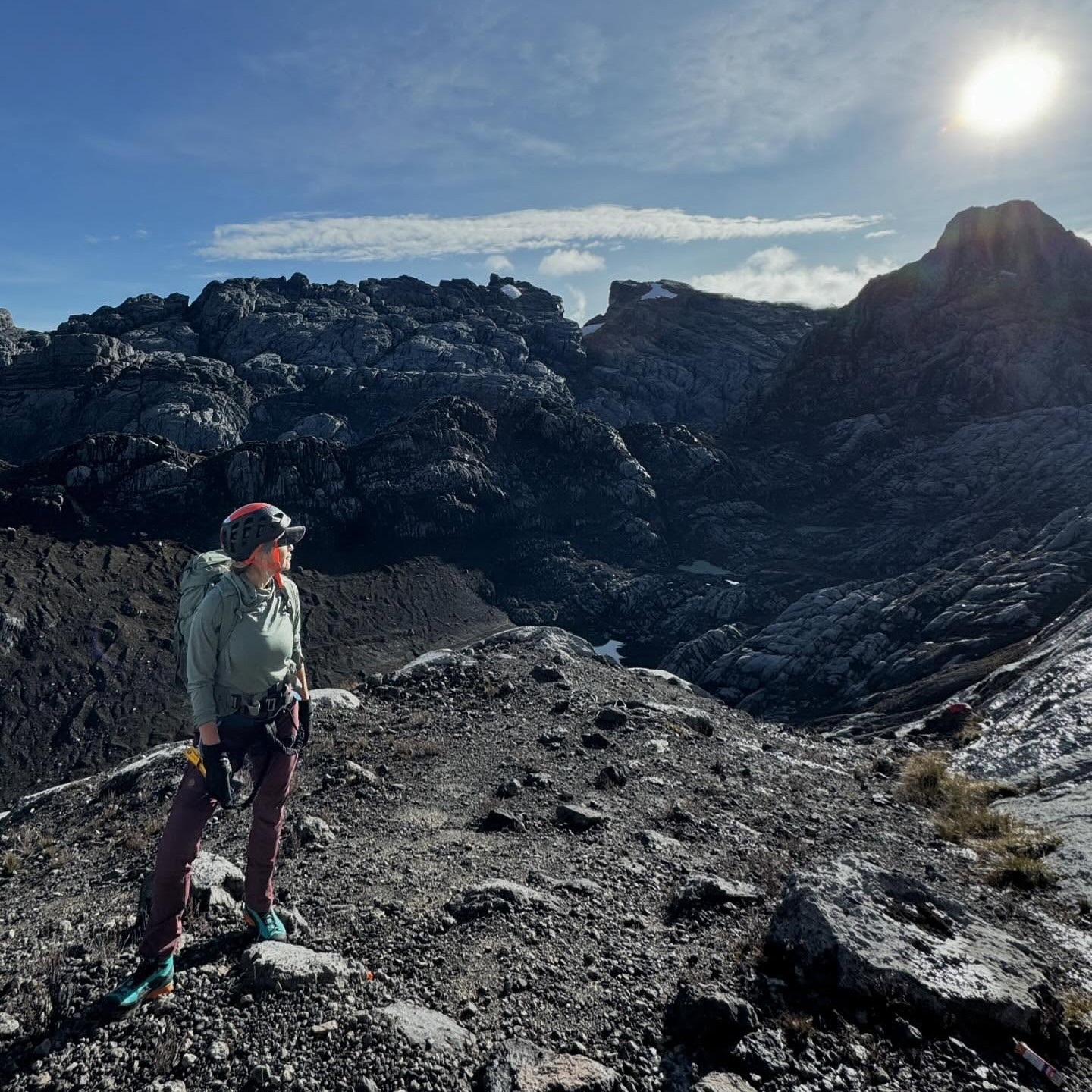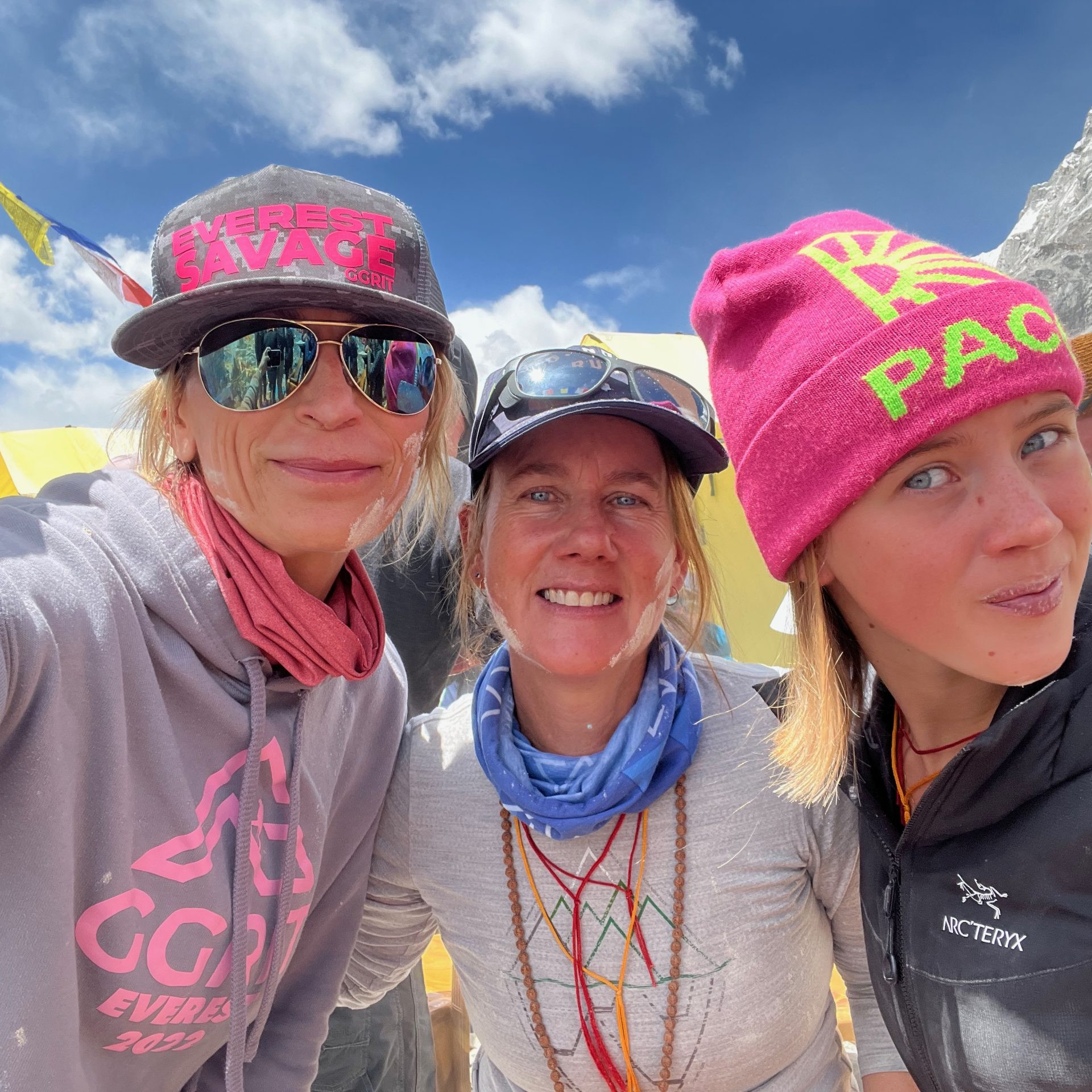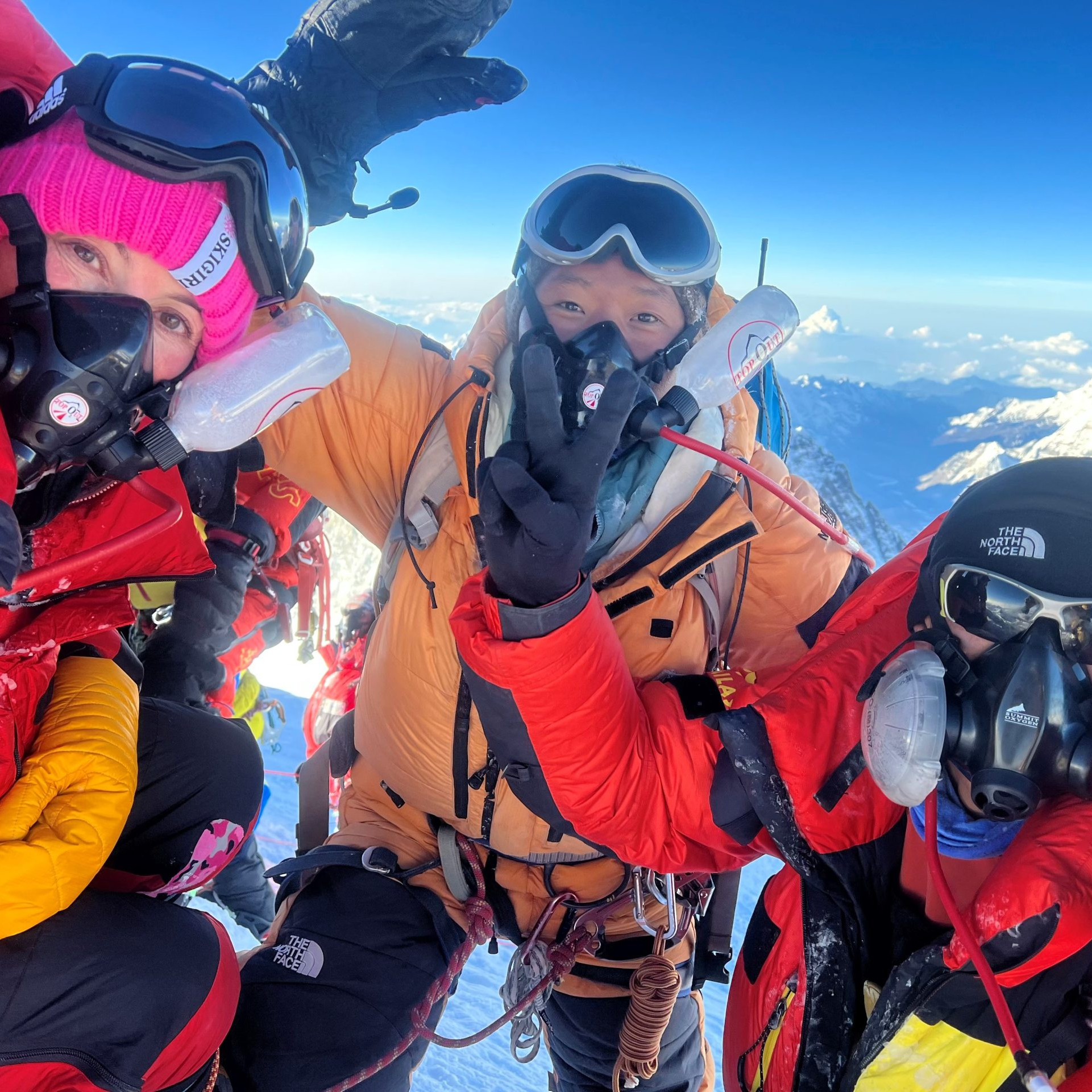Mountains and Mindstorms: How Meghan Buchanan is Leading with GGRIT
Rocket scientist by day, mountaineer by passion, and neurodivergent by nature, Meghan Buchanan is redefining resilience—one climb at a time. To date, Meghan has summited eight of the Seven Summits (yes, both the Bass and Messner versions) and is on track to become the fifth U.S. woman to complete the Explorer’s Grand Slam—an extraordinary feat that requires not only climbing the highest peak on every continent but also completing unsupported Last Degree Ski expeditions to the North and South Poles. Her pursuit of the Grand Slam has taken her across the globe, climbing many of the world’s tallest peaks with Climbing the Seven Summits, including Vinson Massif (plus the Last Degree Ski to the South Pole), Carstensz Pyramid, and Mount Everest.
On paper, Meghan’s list of achievements is impressive. But there’s something we’ve noticed when climbing with Meghan: what sets her apart isn’t just the mountains she’s climbed—it’s the way she’s gracefully moved through adversity, all while breaking barriers and evolving her relationship with failure and success along the way.
Learning to Fail
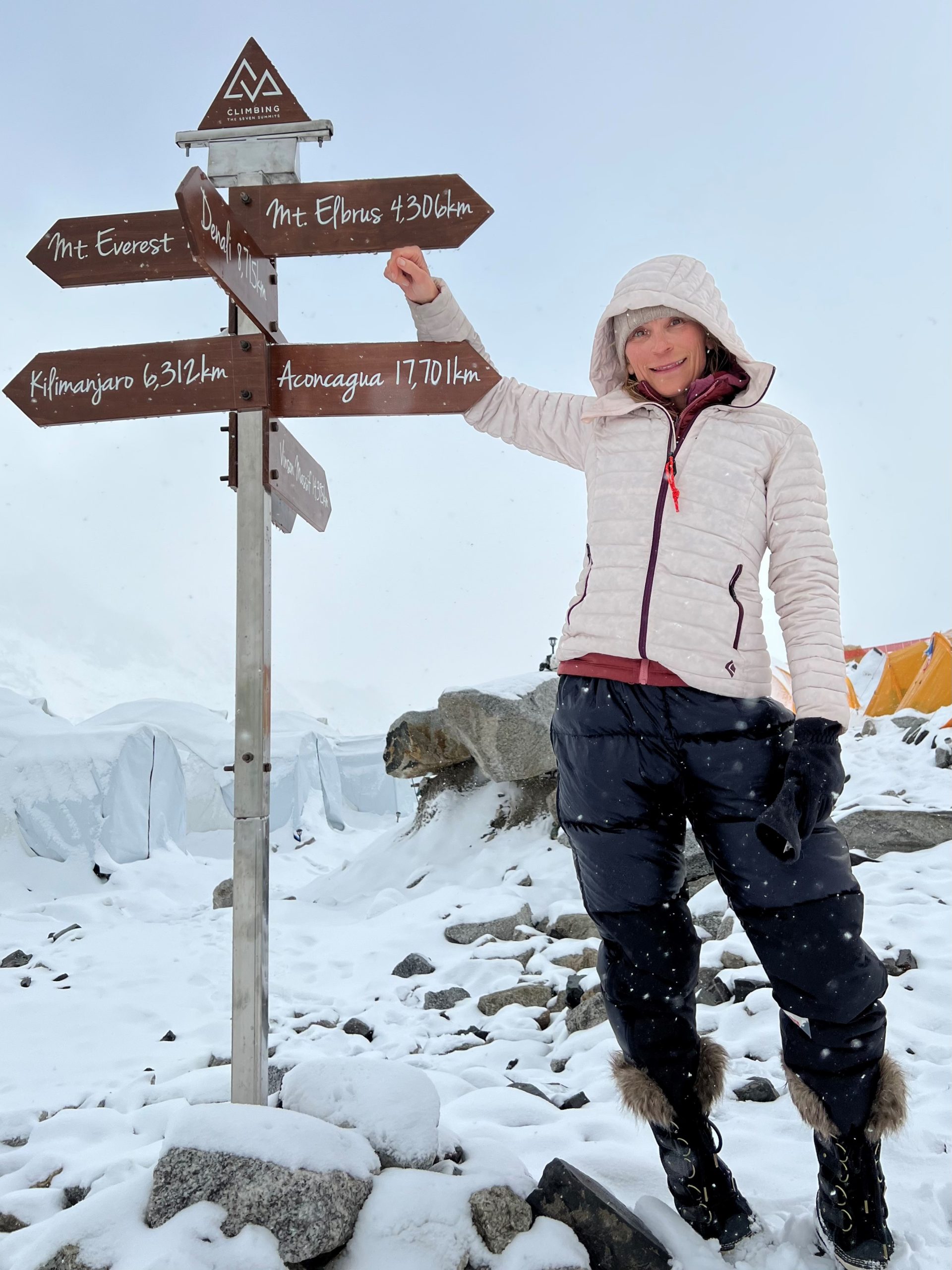
For most of her life, Meghan avoided failure. As a neurodivergent woman navigating the male-dominated worlds of aerospace engineering and mountaineering, failure felt like something she couldn’t afford. Dyslexia and ADHD meant she had to work harder, think faster, and constantly prove herself—whether in the classroom, the office, or on the side of a mountain.
But in 2021, a summit attempt on Mount Everest forced her to let that go.
Despite years of preparation and unwavering determination, COVID-19 reared its ugly head, and Meghan didn’t reach the summit. In the past, that would have felt like the ultimate defeat. But standing high on Everest’s slopes, exhausted and facing the reality of turning back towards Everest Base Camp, something shifted. “If you don’t choose to love yourself right now, I am done with you,” she thought.
The realization hit hard.
She was an aerospace engineer. She was climbing Everest.
Why was she still chasing proof that she was enough?
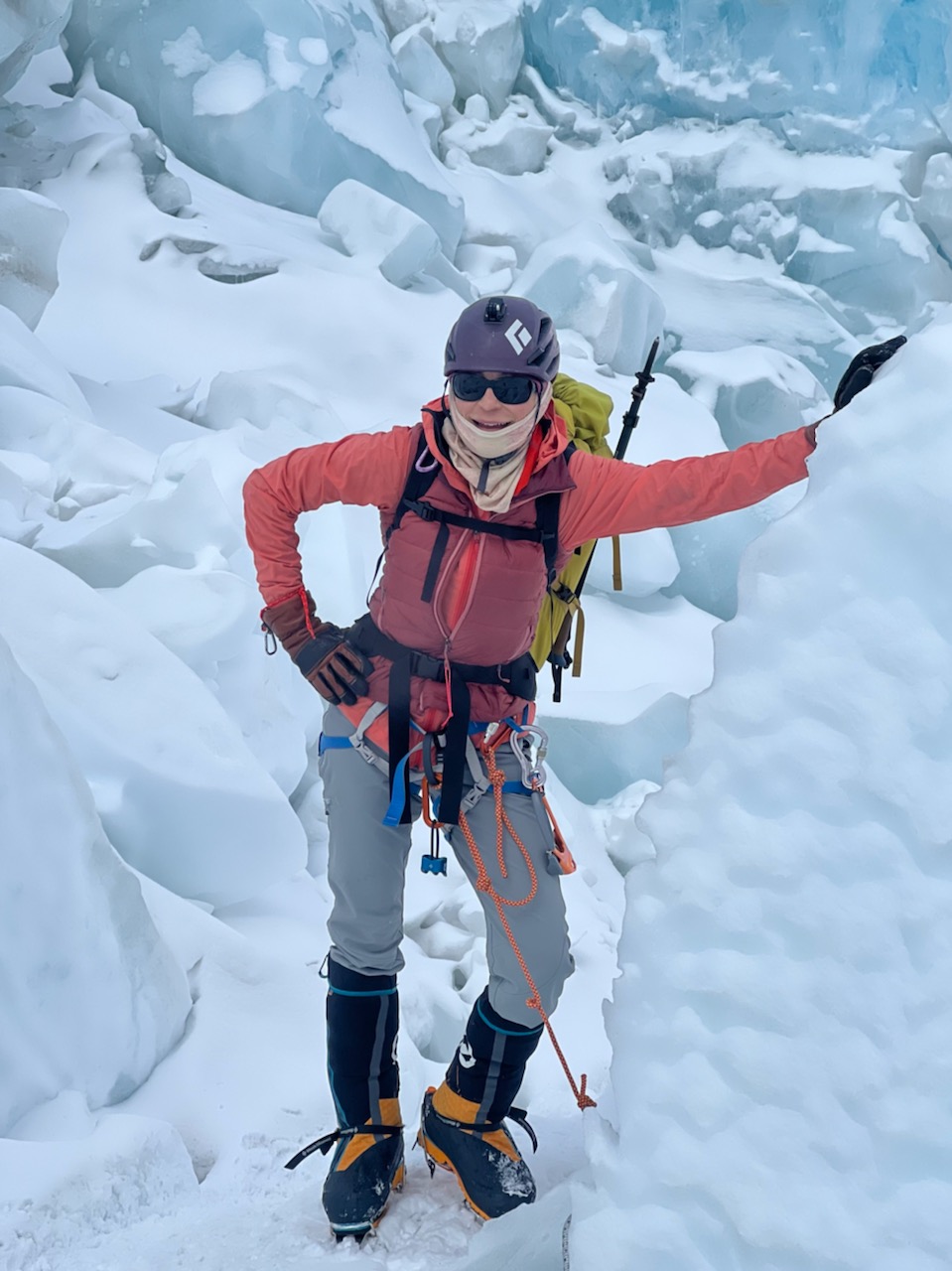
That moment on Everest redefined how Meghan viewed failure. For a lifetime, trying to be perfect had been her shield—a way to guard against the doubts and assumptions that often followed her as a dyslexic, ADHD, female engineer. To fail felt like reinforcing the very stereotypes she was fighting against. But Everest showed her the cracks in that mindset. Meghan reflects that while she didn’t leave Everest with a summit photo, the experience transformed her in ways she hadn’t expected. The climb, she says, “broke me open”—a shift she now realizes was necessary.
Since that day, failure no longer carries the same weight. Letting go of the need to be perfect freed her to pursue even greater challenges. In the years that followed, Meghan summited Vinson Massif, skied to the South Pole, climbed Puncak Jaya (Carstensz Pyramid), and completed other expeditions that once felt unreachable.
Meghan’s ability to evolve her relationship with failure didn’t start on Everest. It started years earlier, in the back bowls of Vail, Colorado. In 2011, Meghan shattered her femur in a snowboarding accident that could have ended her adventurous lifestyle. Doctors warned that she might need a cane for the rest of her life. For someone whose identity was tied to movement and the outdoors, those words felt heavier than the injury itself. But Meghan wasn’t ready to accept that fate.
Her recovery wasn’t linear. After a year of frustration and lingering pain, Meghan demanded answers and insisted on having the titanium rod in her leg removed, convinced her body was rejecting it. The doctors hesitated. She persisted. Once the rod came out, healing followed. Two years after the accident, Meghan stood atop Mount Kilimanjaro with no cane in sight and, shortly after, committed to completing the Explorer’s Grand Slam.
Turning Grit into GGRIT
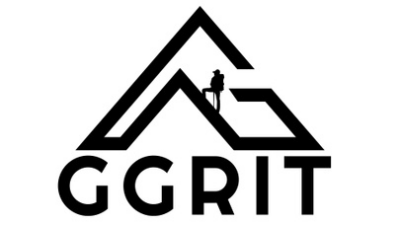
Meghan’s path through failures and successes wasn’t just personal—it sparked something bigger. After standing on the summit of Kilimanjaro post-recovery and having that ah-ha moment on Everest, she realized that the tools she used to climb mountains were the same tools that carried her through life’s toughest challenges.
From that realization, GGRIT (Gratitude, Growth, Resilience, Integrity, Tenacity) was born. And what began as a personal mantra became a movement to empower others—particularly women and neurodivergent individuals—showing them that the very traits society often labels as “obstacles” can, in fact, become superpowers.
“Dyslexia gave me GGRIT. It’s not something I overcame. It’s something that shaped how I approach everything.”
Through GGRIT, Meghan aims to shift the narrative, challenging the stigma around neurodivergence in both the professional and outdoor worlds. Her message is clear: You don’t need to fit the mold to succeed. Today, Meghan spends her free time leading mentorship programs and outdoor leadership events, where she shares her story to encourage marginalized people to step into arenas that have historically felt out of reach. Whether summiting a literal mountain or navigating the complexities of STEM fields, Meghan wants others to know that success isn’t about perfection. It’s about showing up, failing, and having the resilience to try again.
Looking to the Future
“I didn’t grow up seeing women like me in these spaces. Now, I want to make sure others feel like they belong.”
One of her long-term goals is to launch expedition scholarships and grants for underrepresented climbers and aspiring adventurers. By lowering the financial and social barriers that often keep marginalized groups from participating in high-altitude sports, she hopes to foster a more inclusive outdoor community.
Beyond the mountains, Meghan is expanding her advocacy into corporate and educational spaces, encouraging industries to rethink how they view neurodivergent talent. From speaking engagements to panels at aerospace conferences, she’s working to reshape environments where diverse approaches and thinking styles are often overlooked.
As she prepares for the North Pole, Meghan knows this expedition is just one step. For Meghan, the true legacy of her journey will be reflected not in records but in the growing community of climbers, innovators, and dreamers she’s helping to uplift, including all of us at Climbing the Seven Summits.
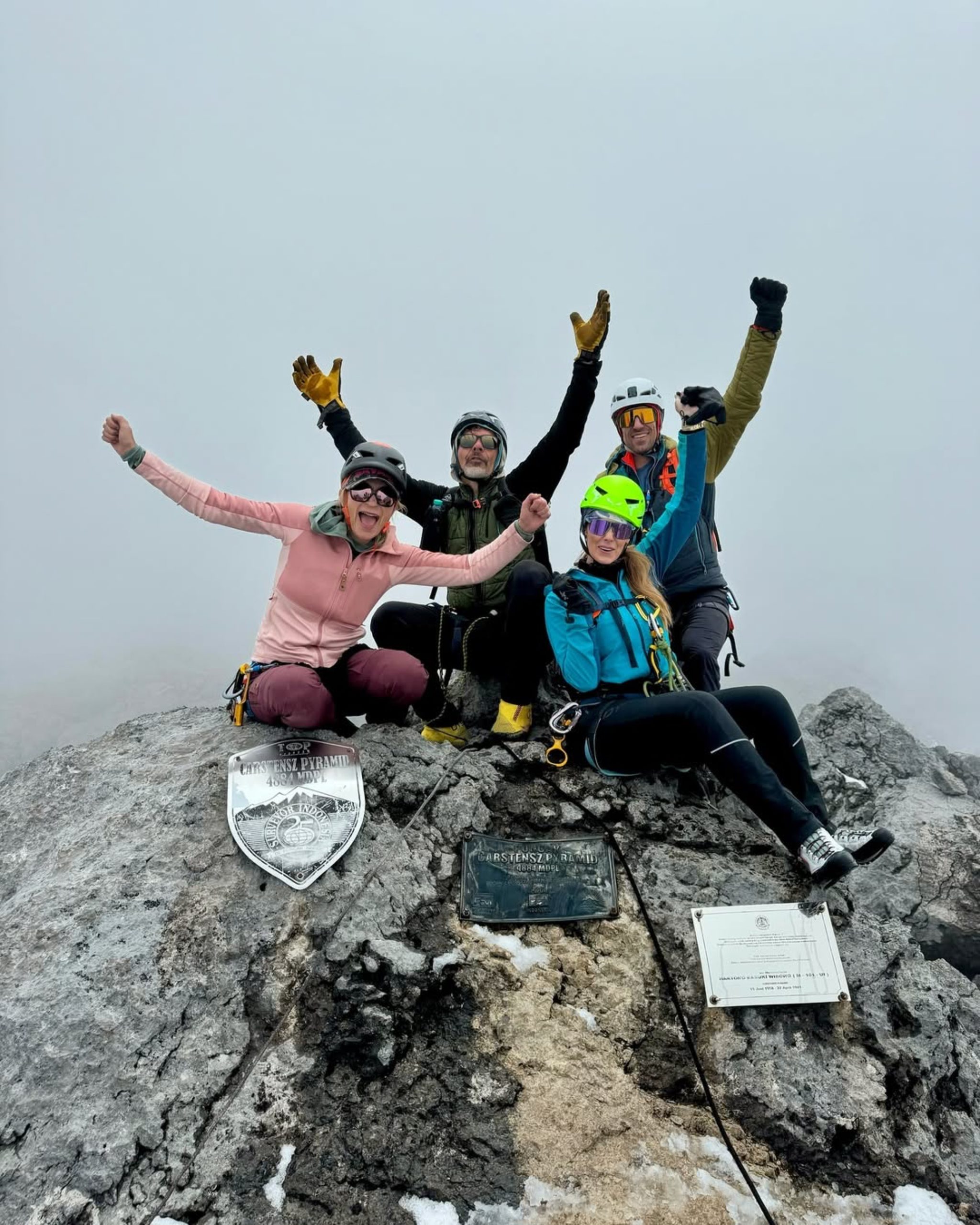
Connect with Meghan
